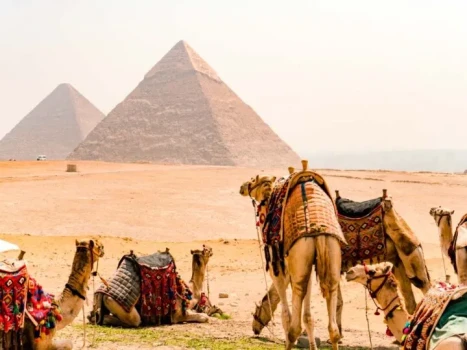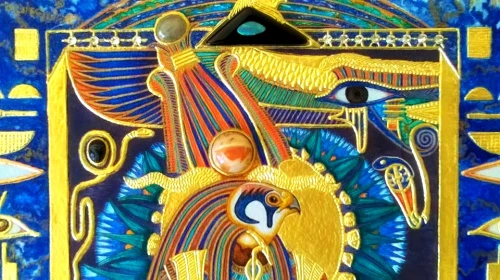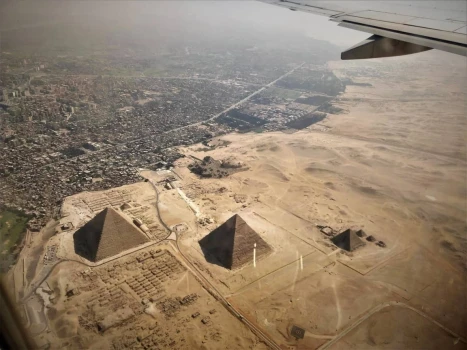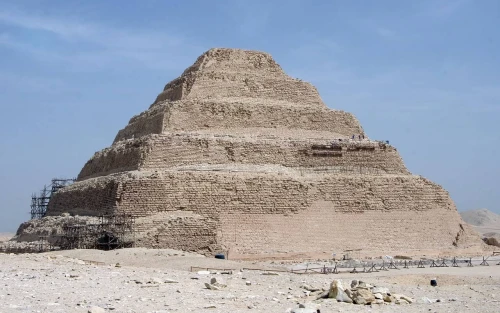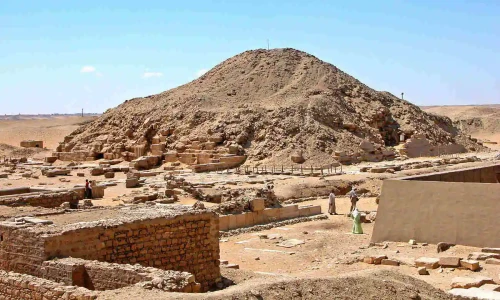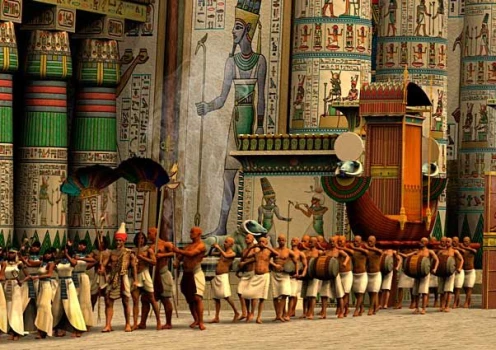
Ancient Egyptian festivals
Ancient Egypt was a civilization that celebrated many festivals and ceremonies throughout the year. Keep reading in this amazing article to explore our Egypt tours that tells all festivals in ancient Egypt. During our Egypt day tours, you will discover that these festivals were an important part of daily life and were often tied to the agricultural calendar and the cycles of the Nile River. Here is a look at some of the most important festivals in ancient Egypt:
- One of the most significant festivals in ancient Egypt was the Opet Festival, which was held at the Amun temple in Thebes (modern-day Luxor). Twice a year, at the flooding of the Nile and the harvest, it was honoured. The festival, which saw the deity Amun making a long procession from his temple in Karnak to the temple of Luxor, was a time of purification and regeneration. You may witness and learn about the history of festivals in ancient Egypt on our Luxor East bank half day tour, which is a part of our Luxor day tours, if you're interested in learning more about this beautiful practise in a genuine book.
- Festival of the Valley: The Festival of the Valley was also celebrated at the temple of Amun in Thebes (modern-day Luxor) and was a time of mourning and remembrance for the deceased Egyptian pharaohs. The festival was celebrated annually and included the opening of the tombs in the Valley of the Kings and the presentation of offerings to the deceased pharaohs. I advise you to book our Luxor west bank day tour, there you will visit the most important sites in luxor such as hatshepsut temple.
- Festival of the Nile: The Festival of the Nile was celebrated annually to honor the Nile River, which was considered to be the source of life and fertility in ancient Egypt. The festival was celebrated during the inundation of the Nile, and included offerings of food and drink to the Nile god, Hapi. All these stories will be clear during your Egypt day tours.
- Festival of Min: In honour of the fertility and regeneration-related deity Min, the Festival of Min was observed. The event, which featured processions and ceremonies to ensure the fertility of the land and the populace, was observed annually.
- Festival of Wepwawet: The Festival of Wepwawet was celebrated in honor of the god Wepwawet, the god of war and the protector of the king. The festival was celebrated annually and included rituals and offerings to ensure the protection and victory of the king in battle. If you are a historical person and interested in discovering mythology stories about pharaohs book our Aswan day tours, there are many ancient temples that tell about ancient Egyptian festivals such as Edfu temple.
- Festival of the Beautiful Feast of the Valley: Every year, the deity Osiris, the god of the afterlife, was honoured during the Festival of the Beautiful Feast of the Valley. In order to guarantee that the departed had a secure passage to the afterlife, the festival was observed at Abydos and included rites and offerings. Don't lose time visiting Abydos to learn more about the ancient Egypt; it is one of the key historical sites included in our Egypt travel packages.
These festivals were a fundamental component of ancient Egyptian culture and had a big impact on people's daily lives. They also served as a significant component of the political and religious calendar, bringing the populace together and fostering a closer bond between the gods and the pharaohs. Follow our Your Egypt blogs to stay up to speed on all the ancient Egyptian holiday happenings.
Conclusion
Ancient Egypt was a civilization that celebrated many festivals and ceremonies throughout the year. Festivals like the Opet, Festival of the Valley, Festival of the Nile, Festival of Min, Festival of Wepwawet, and Festival of the Beautiful Feast of the Valley were some of the most important and were celebrated to honor gods and goddesses, ensuring fertility and protection, and ensure a safe journey to the afterlife. These festivals were an important part of ancient Egyptian culture.
 English
English
 Spain
Spain

